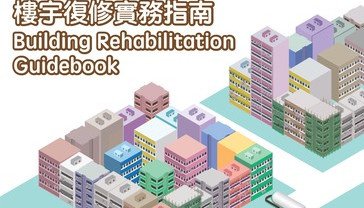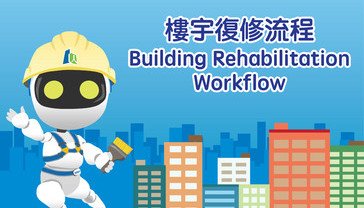Building rehabilitation projects involve many purchasing decisions and building owners can make their projects more sustainable by making sure the products and services they buy achieve value for money and generate benefits for the economy, environment and society. For instance, consulting services or construction bids that are substantially below market prices may have hidden elements which will ultimately result in abnormally high overall costs. Likewise, in the selection of building products, a more balanced view should be taken to consider not only the prices but also their environmental and human health impacts.
As in other industries, sustainable consumerism is a key driver in promoting environmentally friendly, socially equitable and economically effective building rehabilitation. It is not uncommon for building owners to focus mainly on the capital costs of the rehabilitation projects and overlook the mid to long-term savings or non-financial benefits when selecting building products. By exercising their purchasing power, building owners can actually help to raise the environmental and safety standards of materials used in rehabilitation because more suppliers will have to satisfy the standards to remain competitive in the market. In addition to the products, building owners can also stipulate certain requirements to govern the renovation process to minimise the adverse impacts to the environment (e.g. proper disposal of the construction and demolition waste) or risks to the residents and construction workers. At the end of the day, these considerations will enable building owners to make smart decision in the process of rehabilitation projects.








